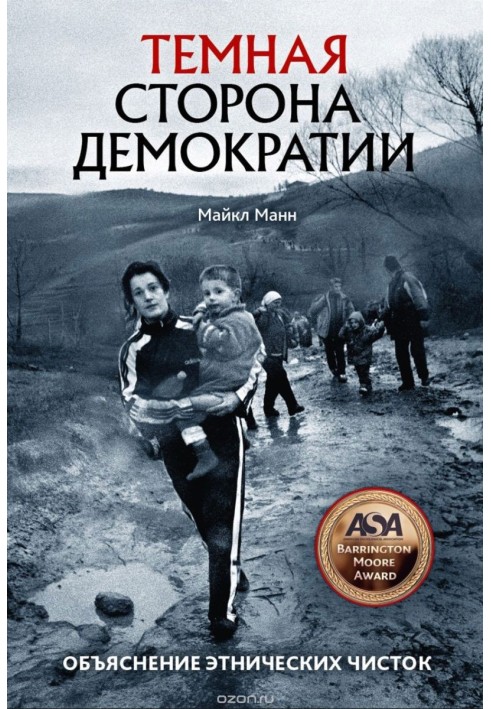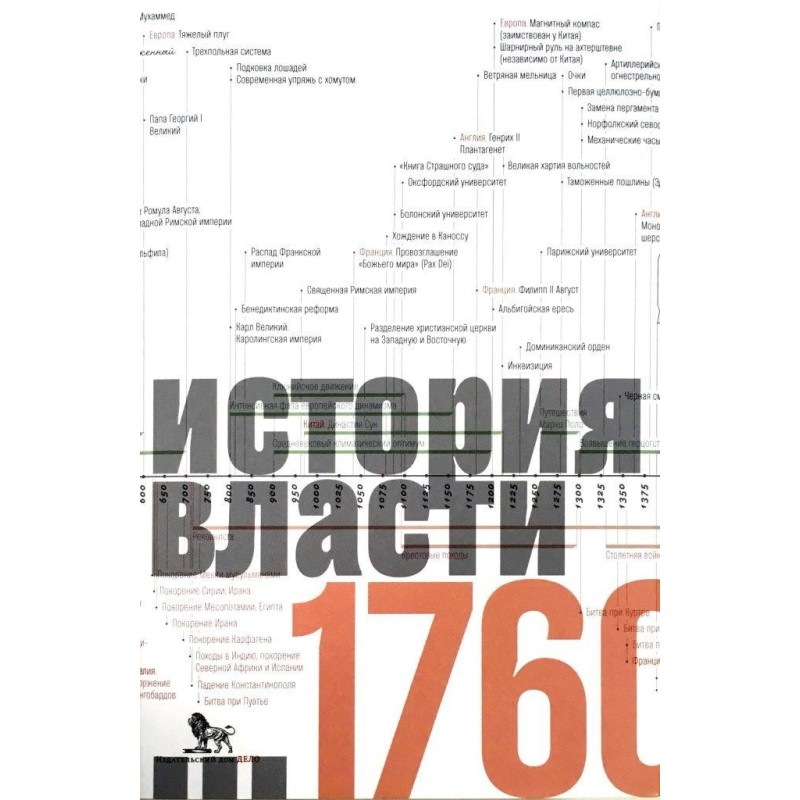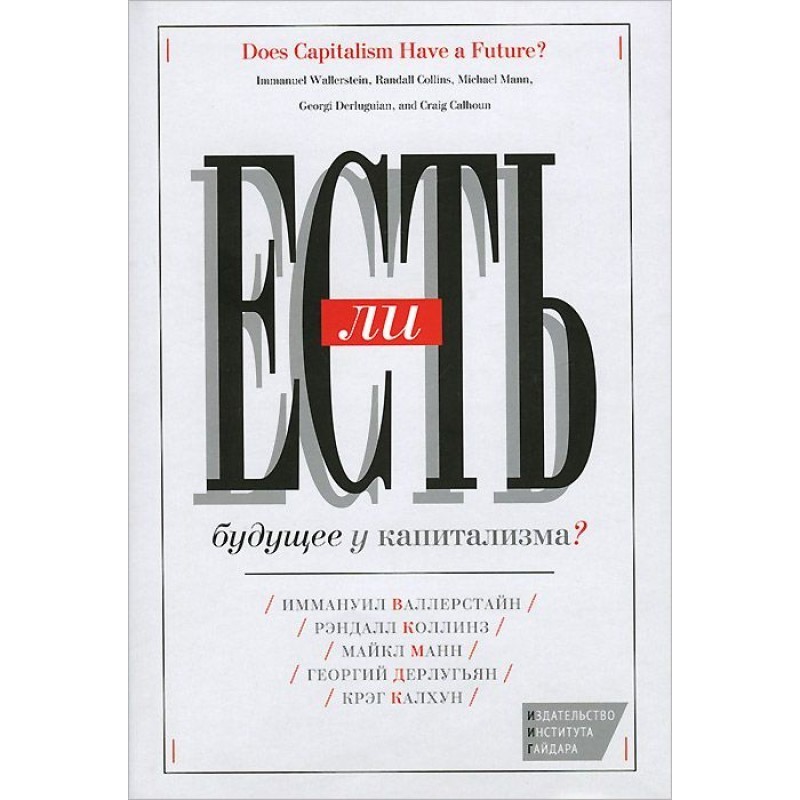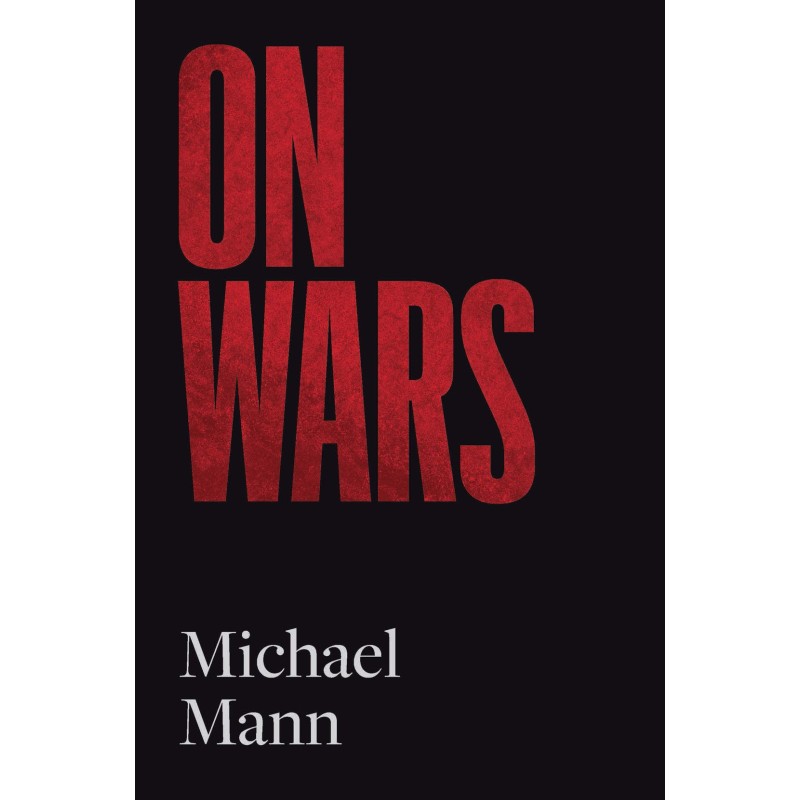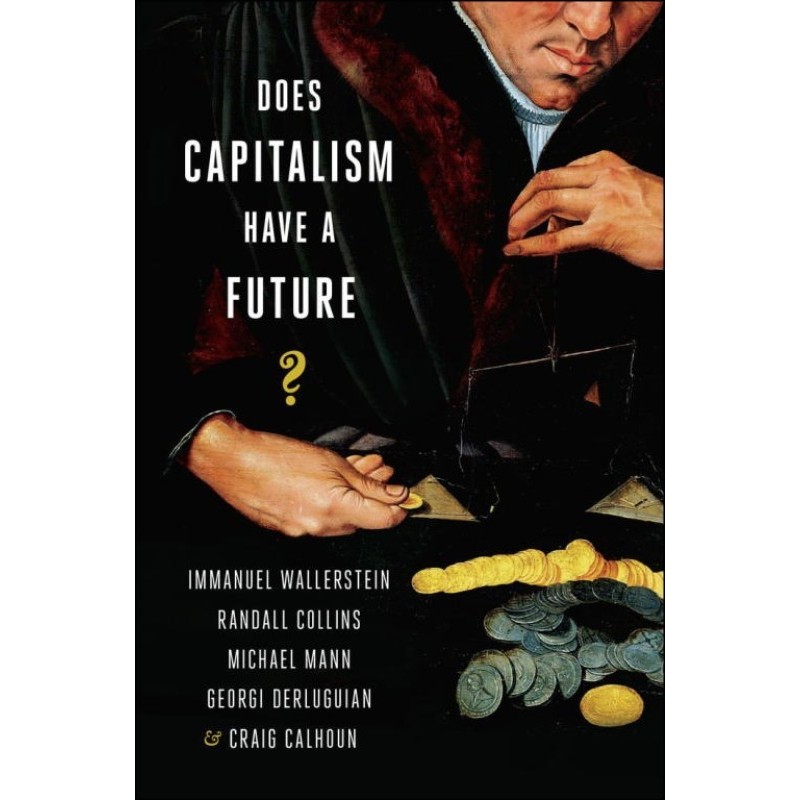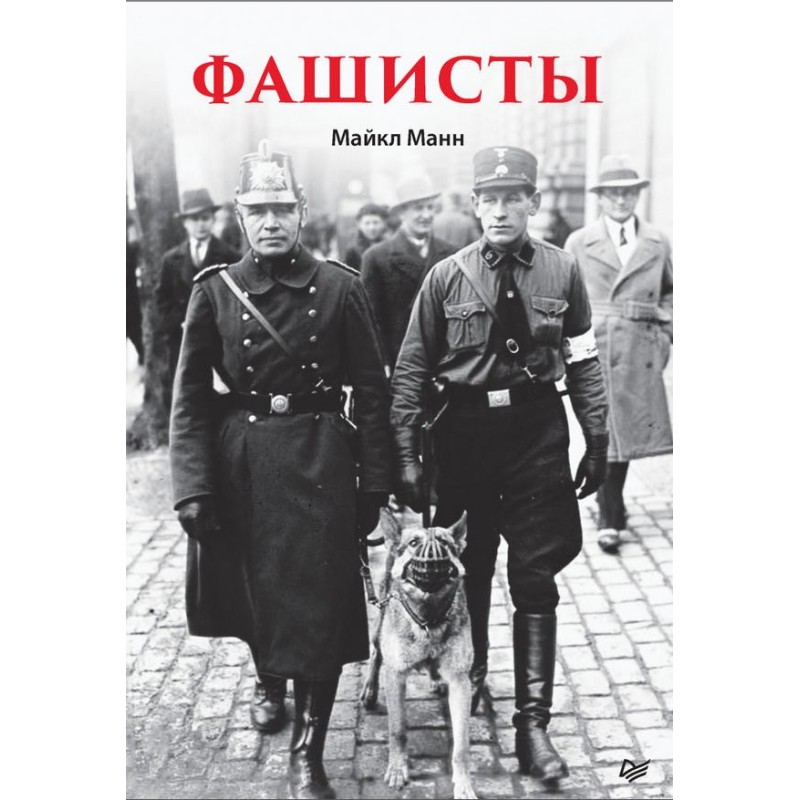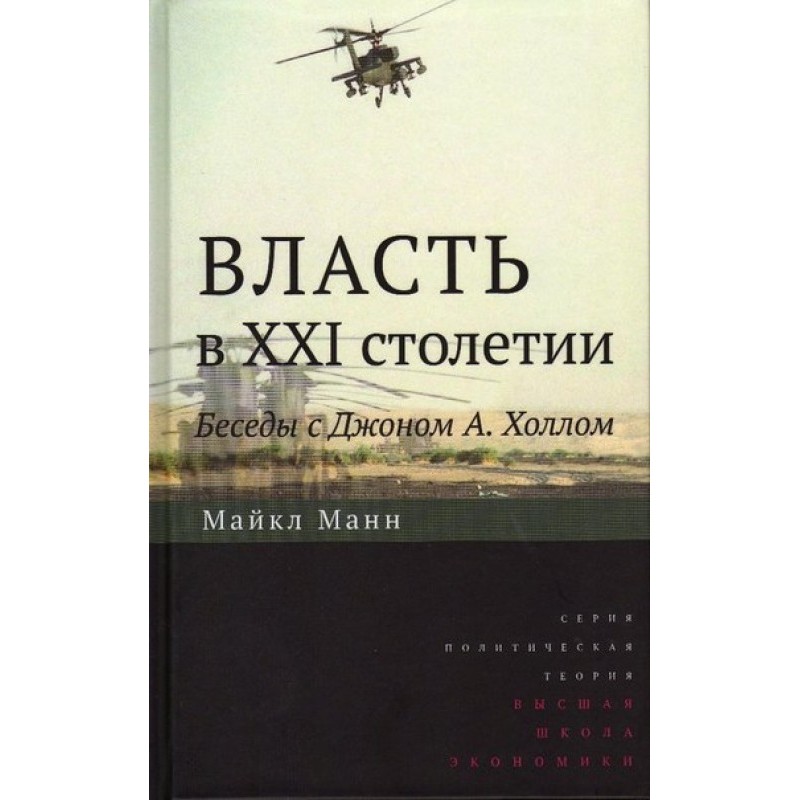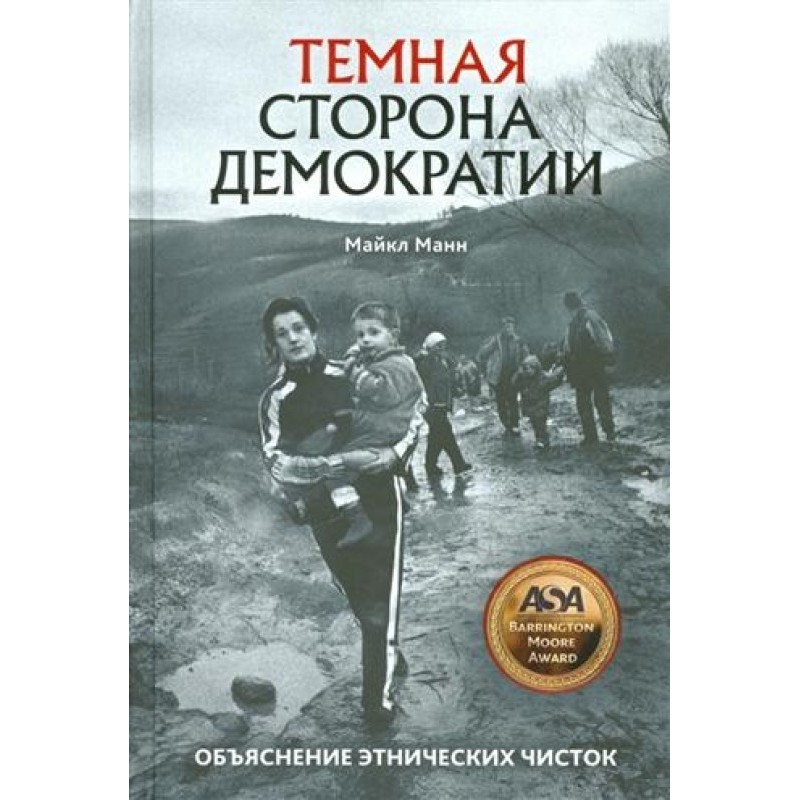The dark side of democracy
 Instant download
Instant download
after payment (24/7)
 Wide range of formats
Wide range of formats
(for all gadgets)
 Full book
Full book
(including for Apple and Android)
This book presents a new theory of ethnic cleansing, based on its worst manifestations - the genocides of the colonial era, the Armenian genocide, the Nazi Holocaust, the genocides in Cambodia, Yugoslavia and Rwanda, as well as on softer examples (Early Modern Europe, modern India and Indonesia). The extermination of peoples is a phenomenon of Modernity - the “dark side of democracy.” It occurs where demos (democracy) is confused with ethnos (ethnic group). The danger arises when two rival ethno-national movements claim to create their own states on the same territory. Escalation is not simply the result of the actions of “evil elites” or “primitive peoples.” It occurs as a result of complex processes of interaction between leaders, activists and groups supporting ethnic nationalism. Understanding these complex processes can help inform policies that prevent future ethnic cleansing. Michael Mann is a professor of sociology at the University of California, Los Angeles, and the author of The Origins of Social Power (4 vols., Cambridge, 1986-2012) and The Fascists ( Cambridge, 2004). In 2006, M. Mann’s book “The Dark Side of Democracy. Explaining Ethnic Cleansing won the American Sociological Association's Barrington Moore Award for the best book in comparative and historical sociology.
Data sheet
- Name of the Author
- Майкл Манн
- Language
- Russian
- Translator
- Владимир Туз
Reviews
Вражаюче дослідження складних процесів етнічних чисток
Книга "Темна сторона демократії" є не лише глибоким аналізом теми етнічних чисток, але й важливим внеском у розуміння соціальних та політичних механізмів, які призводять до таких жахливих подій, як геноциди. Майкл Манн майстерно досліджує історичні приклади, від колоніалізму до сучасних конфліктів, демонструючи, як демократія може перетворитися на інструмент насильства, коли етнічна ідентичність стає важливішою за загальнолюдські цінності. Його аргументи про те, що ескалація насильства не є лише результатом дій "злих еліт", а скоріше складним переплетенням соціальних, політичних і культурних факторів, змушують задуматися про природу конфліктів у сучасному світі. Ця книга стане корисним ресурсом для дослідників, студентів та всіх, хто цікавиться питаннями націоналізму, демократії та прав людини. Вона не лише інформує, але й закликає до дії, пропонуючи шляхи для запобігання повторенню таких трагедій у майбутньому. Рекомендую всім, хто прагне зрозуміти "темну сторону" нашого суспільства та знайти шляхи для його покращення.

